Case in point: the Sea of Cortez, home to both the totoaba and the critically endangered vaquita.
The story of these beautiful creatures is captured in the new National Geographic documentary,Sea of Shadows.
A lucrative black market has emerged from the totoaba fish.
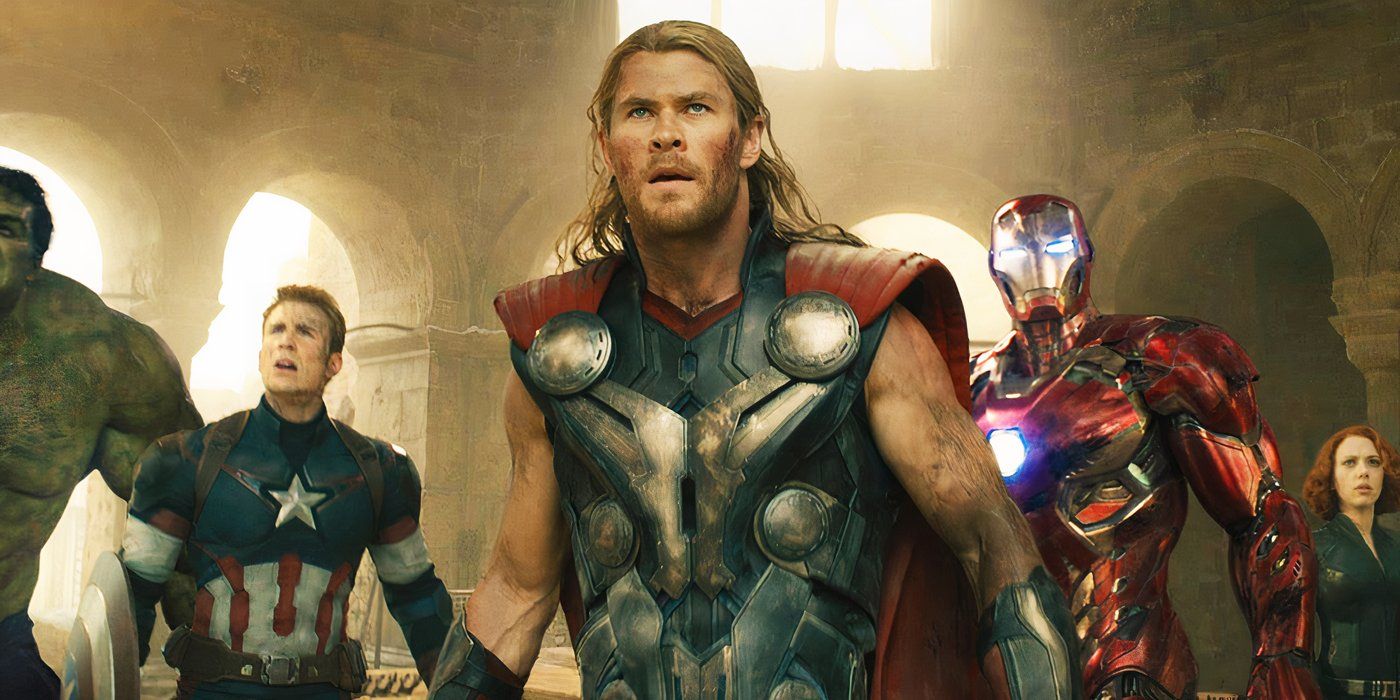
Hopefully,Nat Geo’sSea of Shadowswill do the same for the vaquita.
Your movie is fantastic and heartbreaking.
That’s a fantastic reference.

Nobody has asked that before, but it’s absolutely true.
The vaquita is just a victim of a war that has nothing to do with it.
It’s dying and it’s going extinct because nobody cares about them.
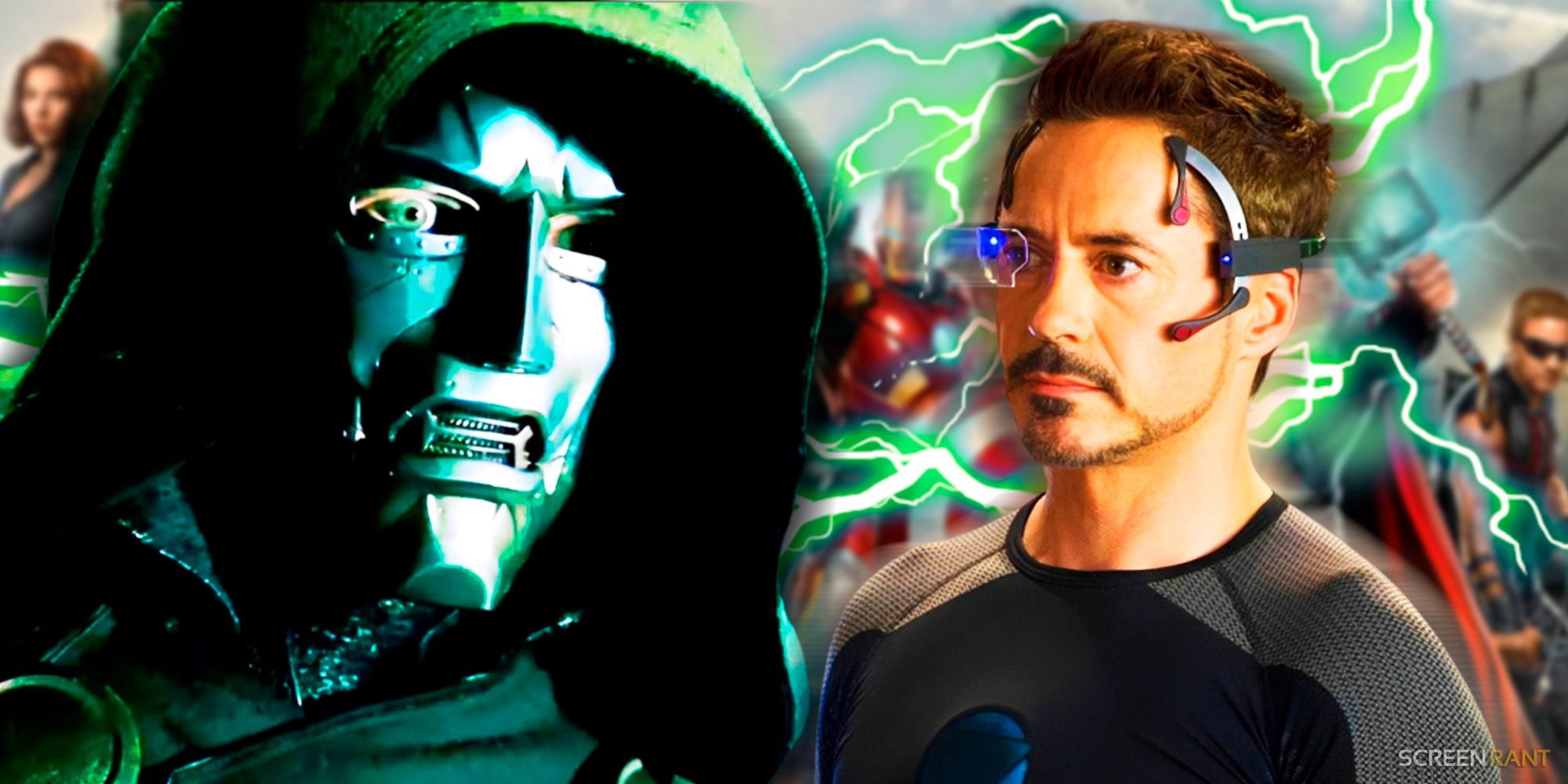
All they want is the totaba, to make millions of dollars.
That is very much intentional.
This is how I also chose my topics.
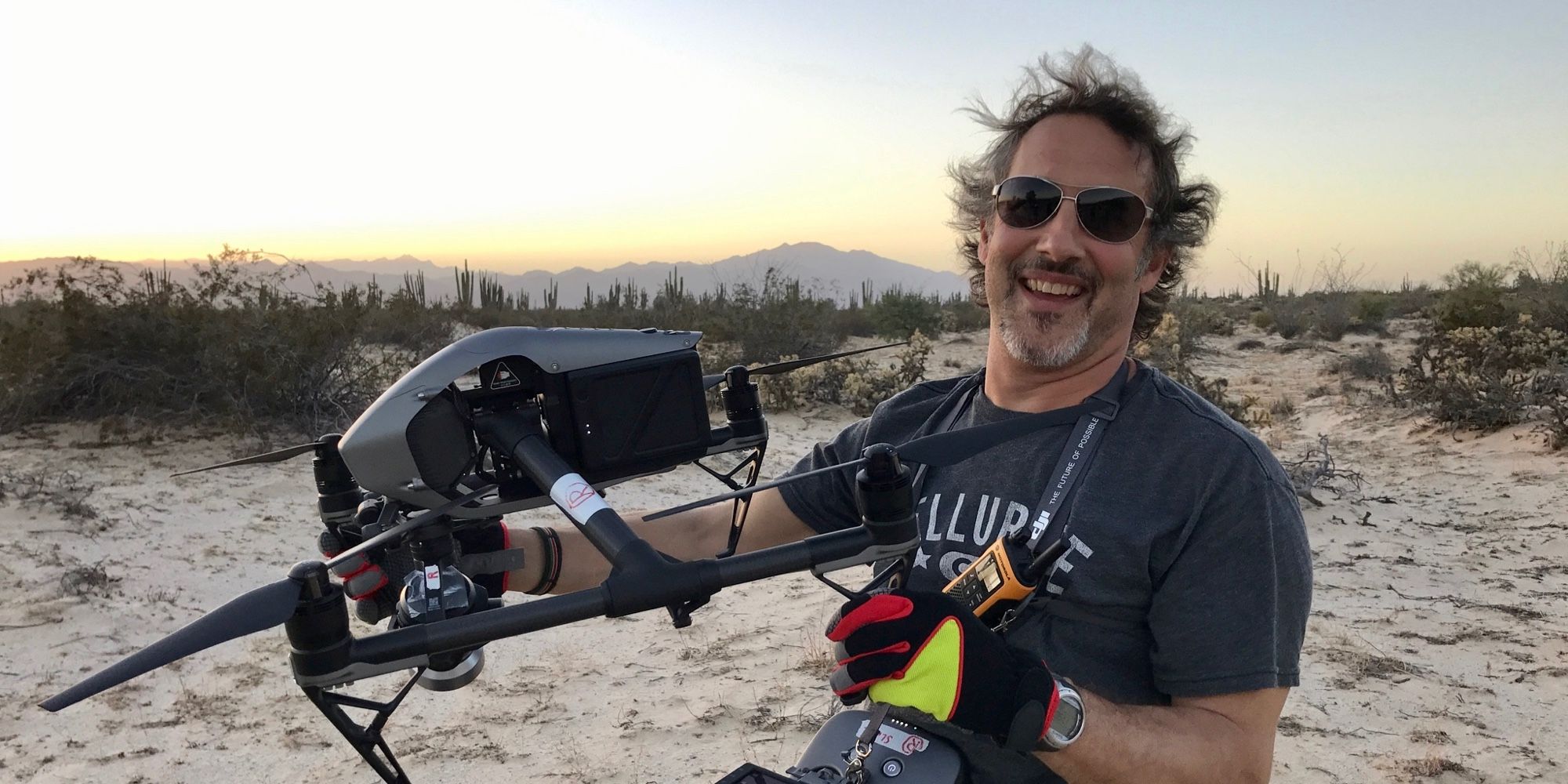
I found those fishermen quite late because they were in the shadows.
They were in hiding.
Like, the Valverde family, they didn’t want to speak to us at first.
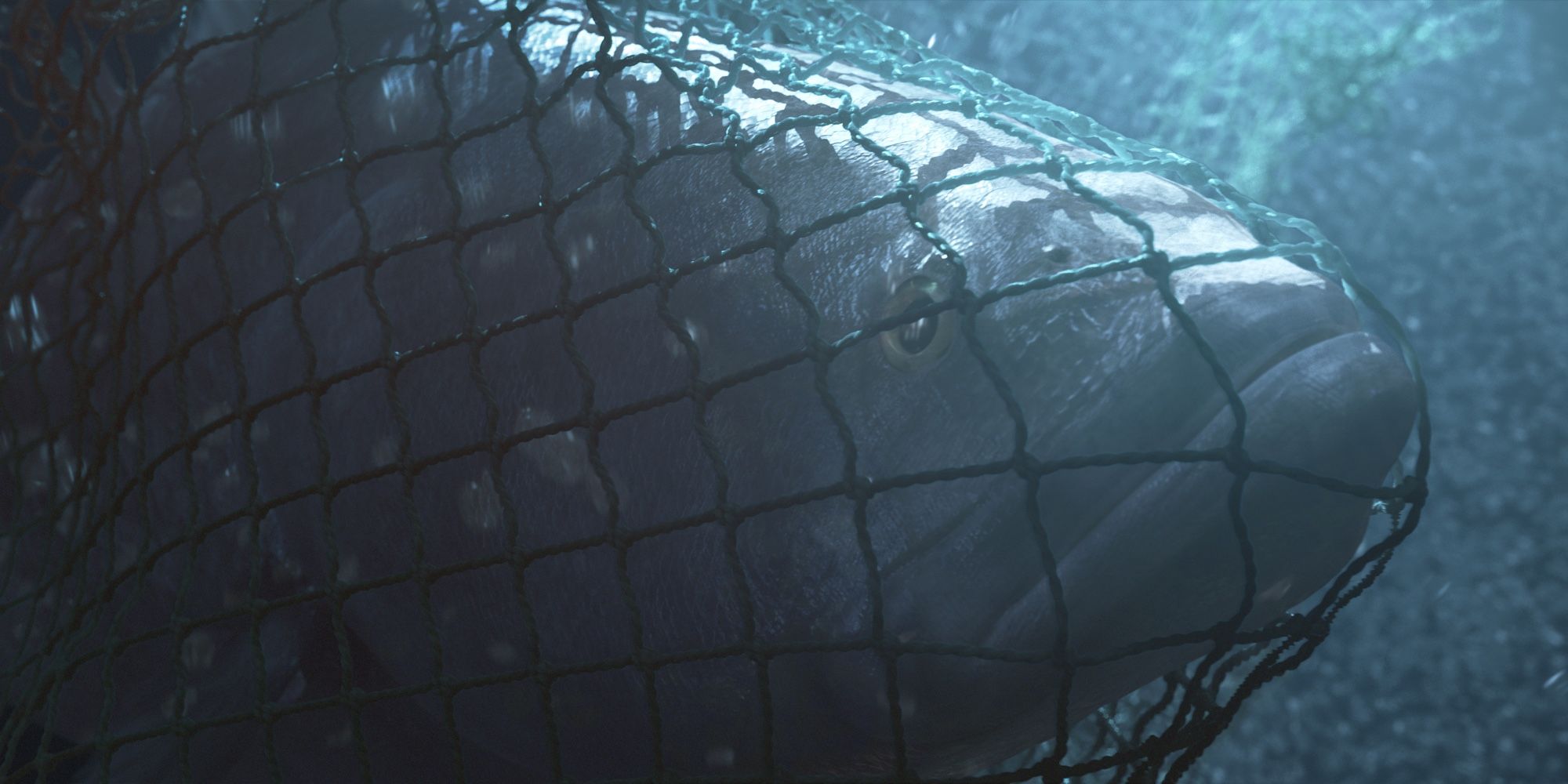
We can’t take much longer.
Our people need help.
It’s very true.
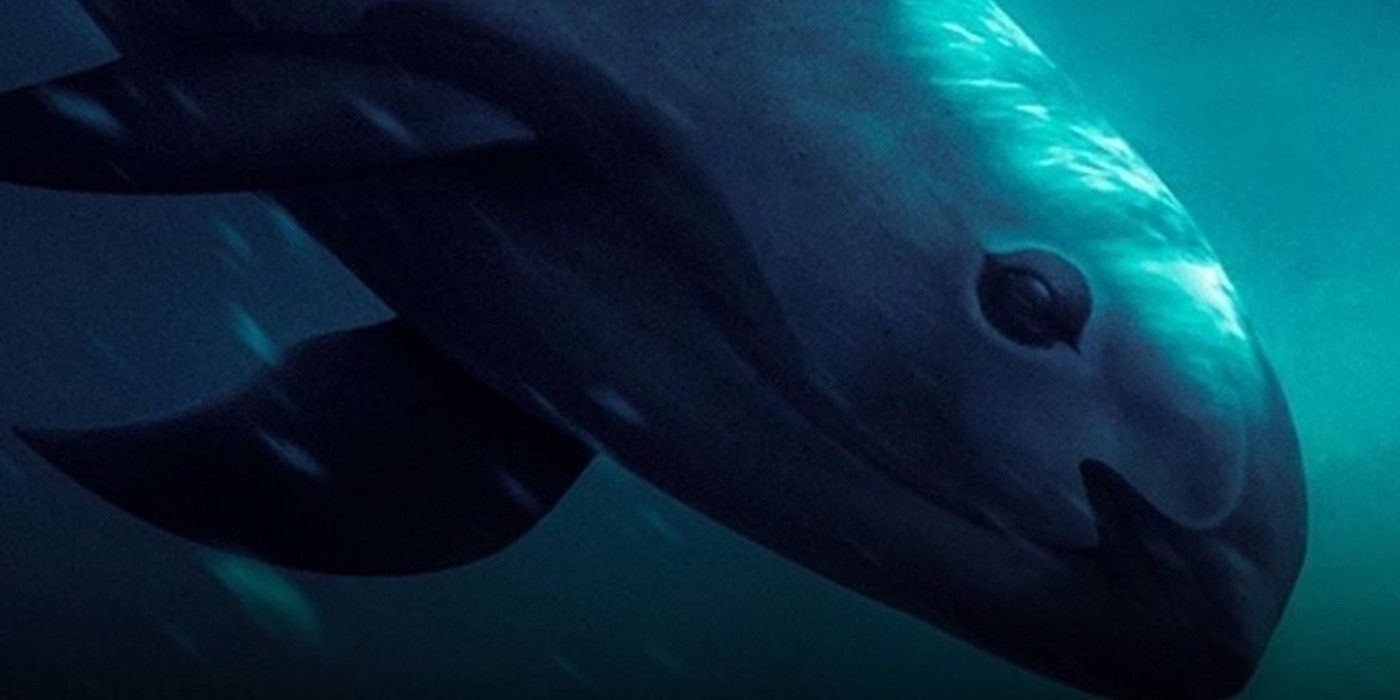
It lays bare the ecosystem that we need to take responsibility for.
This idea of short term profit with zero consideration for the long term implications and costs.
I’m so happy, because you absolutely got it.
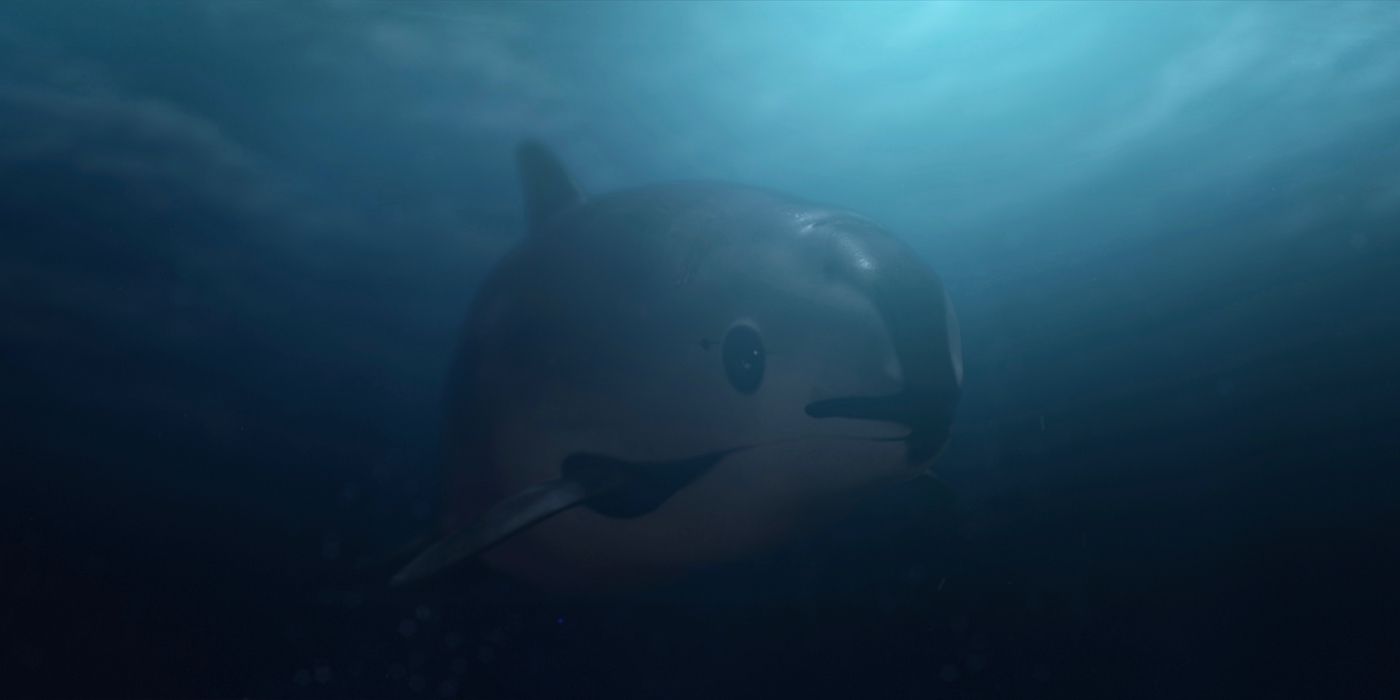
That’s why I wanted to make this film from the very beginning.
I saw it as such a symbolic story.
The vaquita lives in a place that’s only 20 square miles.
We have wars all over the place on all the continents.
It’s always the same story.
It’s for greed and money.
In this case, I’m super emotional about it because these are actual criminal gangs.
These are real cartels who are used to drug trafficking and human trafficking.
The cocaine of the sea, we can sell that swim bladder for $100,000 in China.
That’s huge, so let’s go for it!"
So they just went in.
The cartel is perfectly organized already.
They started approaching the fisherman, going, “Hey, wanna make a quick buck?
Get me that bladder.”
They will loan you money to buy those nets, $4000.
If you don’t pay them back, they’re just gonna kill you.
It’s a vicious cycle of death and destruction.
That’s why I wanted to point such a big spotlight on this case.
It’s right in our backyard, two hours drive from the U.S. border.
People should definitely know this is happening.
It was like, wow, a film opened their eyes.
Like, decades of NGO work did not get their attention, but a film did.
That was remarkable for us.
We were empowered, and so was Leonardo DiCaprio, our Executive Producer for The Ivory Game.
Leave it to Leo, right?
It was his idea to make a film about the vaquita next.
He also mentioned Carlos Loret de Mola as being an interesting character to talk to.
He’s the only journalist covering the story.
The vaquita CPR mission to put them in safe refuge so they won’t go extinct.
This was August 22, 2017.
I remember that, because it doesn’t happen very often that you get a call like that!
The only catch was, we had to launch production within six weeks.
If we were going to do it, we were going to have to work fast.
In terms of these being so symbolic for what is happening with our planet.
There’s such incredible photography in the Sea of Cortez, and beautiful footage of the vaquita.
The fact that we filmed the vaquita was huge.
It had never been filmed before.
A vaquita had never ever been on a camera.
It had never been seen on TV or anywhere.
This was the most elusive, hard-to-film, hard-to-find animal in the world.
And we caught it on camera.
It was the most tragic moment I ever experienced shooting films.
The buildup, the expectations, the hope was so big that this was going to be the solution.
So when it failed, when it died, it was beyond our power of comprehension.
It was so wrong and so sad.
But then the war began.
We saw the cartel moving in.
We saw how everything started to become extremely dangerous.
We saw weapons on boats.
We started getting threats.
“Get out of here, we’re taking over.”
They agreed, so we hired a big company, and they gave us bodyguards.
Then, very carefully, we continued.
It was the most dangerous project I’d ever been involved in.
Do you know why it is that the vaquita can’t survive in captivity?
I know some animals just can or can’t.
Is there some specific reason, though?
That vaquita died of a heart attack.
It may have been the stress, it may have had some problems, maybe a heart condition.
You do it when there’s hundreds, at least.
If this had started five years ago, there would have been 300 vaquitas.
This was a problem.
They waited too long, the population was too small.
Not when you’re at less than 30 in the world.
Some of the scientists said they should have kept going.
It worked with other porpoises.
But there’s one, for example, where it didn’t work.
So, to be honest, I don’t know if it could survive in captivity in general.
But it is too late to try.
We’re beyond that point.
There will have to be serious consequences.
Number one, they will have to find a solution where fishermen can fish without killing the vaquita.
They have to respect…
The vaquita refuge is only 20 by 20 miles of territory.
It has to be protected.
you’ve got the option to fish outside that zone, but stay away from the vaquita.
That’s the only way.
I’m infuriated by how people can’t seem to see how important it is to protect an ecosystem.
Species go extinct all the time, but what humans are doing is unnatural and will destroy the habitat.
If the vaquita goes extinct, it will not only be terribly sad because we lost a species.
They will call it a failure and move on.
Then, the cartel is going to move in and take 100% control of the area.
The only way to get totaba is with these deadly gill nets that kill everything.
They’re gonna destroy the fishing grounds for decades to come.
The fishermen will have no future beyond the totoaba.
It will be completely ruled by illegal gangs.
It will be the end of the Sea of Cortez.
That’s why the vaquita has to survive.
You do such amazing work.
Some things aren’t worth the blood they cost.
You have to take the value away from these products.
There should be no value to ivory.
There should be no value to the swim bladder.
It should be a no-value product.
Very difficult to change the minds of the powerful and wealthy Chinese who believe in traditional Chinese medicine.
They’re not listening to the West.
They’re not listening to the Western scientists.
They’re listening to their doctors, and their old traditions.
That’s why some of these problems can only be solved by the government.
The people, they will always want whatever is offered to them as the next big thing.
People are really afraid of the government.
That can be an advantage.
When the government banned the ivory trade, that was it!
It’s very difficult to sell ivory.
We don’t have the time.
The vaquita will probably be extinct within 12 months if no major movement is happening.
Has there been any response to the film yet?
We are seeing good results.
The government has taken action.
Solutions need to be taken.
He visited the region for the first time since taking office.
We had a huge media storm when the film came out.
It was the highest media hits, biggest media hits in history for a documentary released in Mexico.
We had the media on our side.
They were going ballistic.
That had its effect.
We are now seeing a lot of movement.
But at the same time, we need monitoring on the ground.
Earth League International did an amazing job in uncovering that the Chinese are behind it.
The Chinese Mexicans living in Tijuana, the mafia.
They’re going after the Chinese, the president is talking about solutions…
But what we need is independent monitoring on the ground.
There will be Asian investigators, there will be more Mexican undercovers.
Or they’ll report good news!
That they are doing their job and it is getting better.
That’s why the film is so important.
I love the water and I hate the mafia, so this movie really hit me on all sides.
(Laughs) Join the cause.
Every signature sends an e-mail to the Minister of Environment with an action plan.
If you want to help, that would be a great way to help them.
They’re all non-profit.
So spreading the word is a key component of our success.
More:Sea Of Shadows Interview: Andrea Crosta & Richard Ladkani